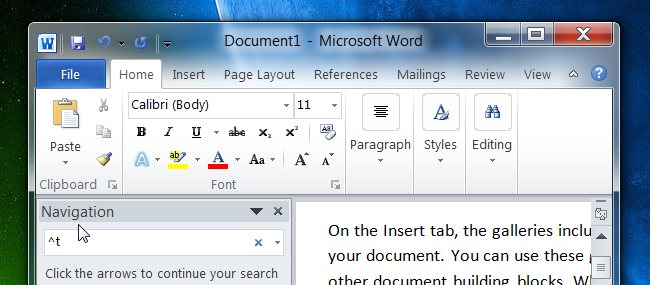
Click Assign (4), then click Close (5).Just make sure that it’s not currently assigned to another action by checking the Currently assigned to information below the Current keys box). (In the example above, I pressed Alt and c - you can press whatever key combination you think you will remember easily. Put your cursor in the Press new shortcut key field, then press the key combination you want to use for this action (3).


There isn’t one set by default in Word, so you need to create your own. What you need is a keyboard shortcut for skipping to the next change. Moving your mouse back up to that Next button becomes tedious very quickly.

The problem is, sometimes you need to make other edits in between accepting or rejecting changes, or need to add further comments. The following is an example of indented text: Paragraph alignment against left margin.Word 2003: Next (and Previous) buttons on the Reviewing toolbar In word processing, the word indent is used to describe the distance, or number of blank spaces used to separate a paragraph from the left or right margins. In many programs, to indent text, move the cursor to the front of the line and press the Tab key on the keyboard. When referring to text, indent or indentation is the increase or decrease of space between the left and right margin of a paragraph. Keeping this in view, how do you indent on a keyboard? Under Indentation, use the Special pull-down menu to select hanging.Select Paragraph from the resulting pop up menu.Place your cursor at the beginning of your citation, and highlight it.

Subsequently, question is, how do I hard indent in Word? It's easier done than said (works for Word on PC or MAC): This "hangs" a paragraph to the next tab stop. If you like to use the keyboard to do your formatting, you may be interested in knowing how to format a paragraph to use a hanging indent just by using a keyboard shortcut. Similarly, it is asked, what is the shortcut key for indent in Word?


 0 kommentar(er)
0 kommentar(er)
